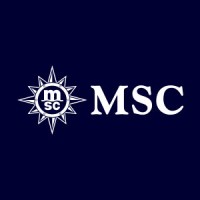
Norwegian Cruise Line Holdings Ltd.
Norwegian Cruise Line Holdings Ltd. (NYSE: NCLH) is a leading global cruise company which operates Norwegian Cruise Line, Oceania Cruises and Regent Seven Seas Cruises. With a combined fleet of 32 ships and approximately 66,500 berths, NCLH offers itineraries to approximately 700 destinations worldwide. NCLH expects to add 13 additional ships across its three brands through 2036, which will add approximately 41,000 berths to its fleet.






